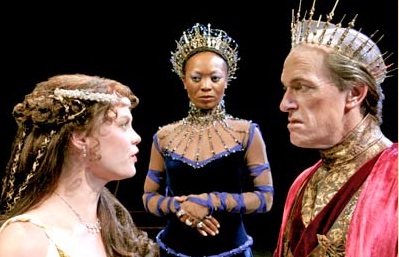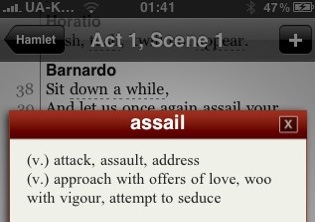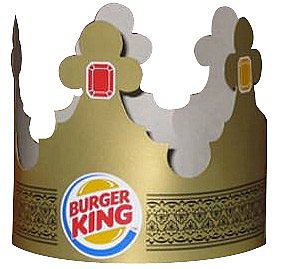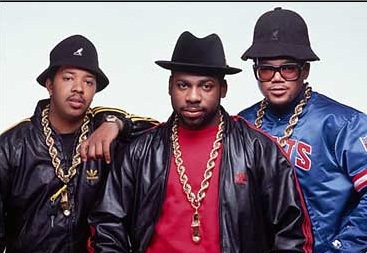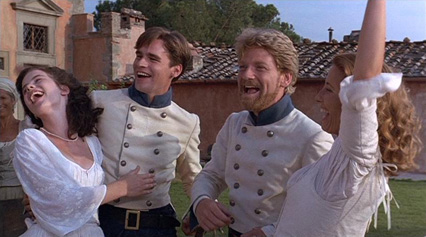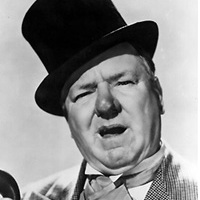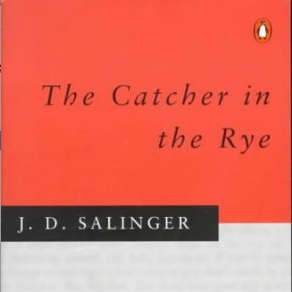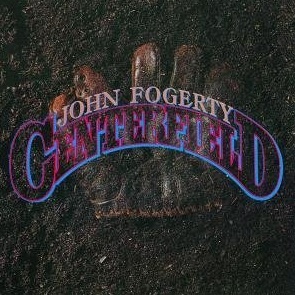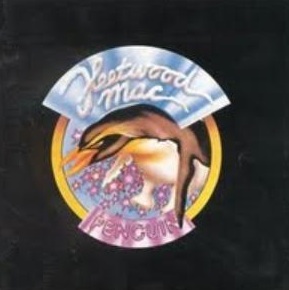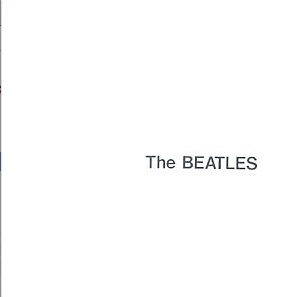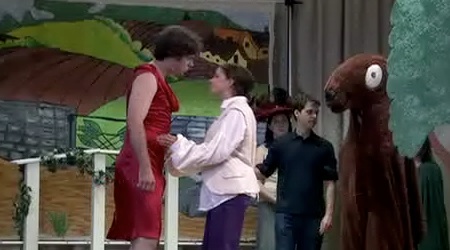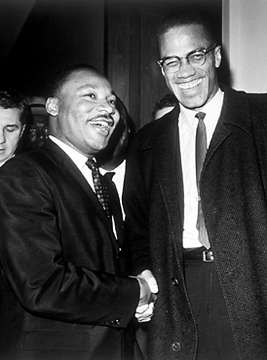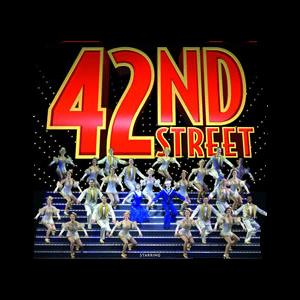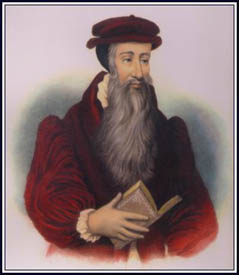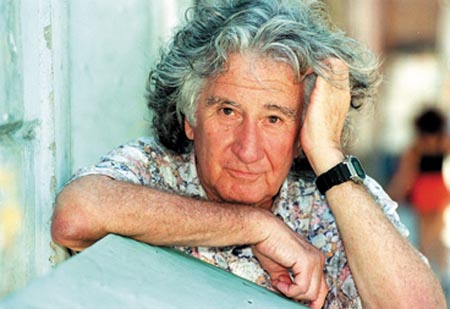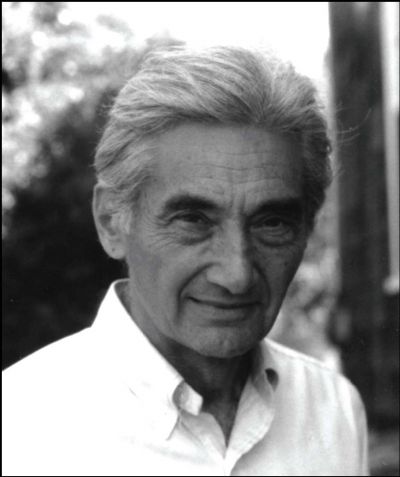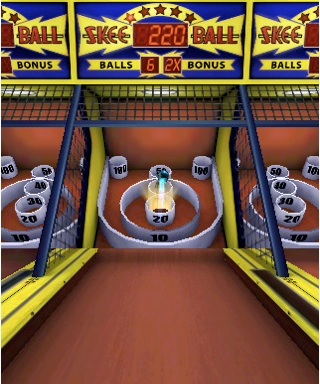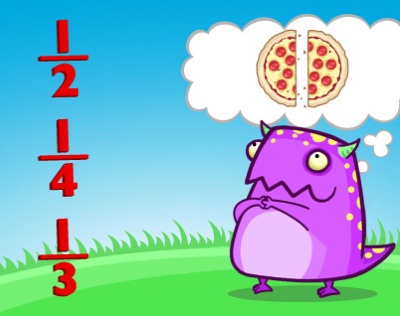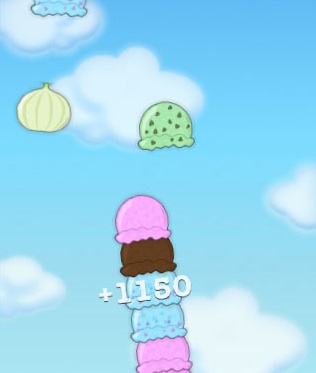It’s time once again to check in on what searches people have done to find themselves at Shakespeare Teacher, and to respond in the name of fun and public service. All of the following searches brought people to this site in the past week.
was erikson influenced by shakespeare
That’s a great question. I think it’s fair to say the idea that human beings develop in distinct stages was pioneered by Sigmund Freud in the 20th century, when he outlined his psycho-sexual stages of development in childhood. Erik Erikson, a developmental psychologist strongly influenced by Freud, described his own set of psycho-social stages, which carried through to adulthood.
Groundbreaking as these ideas were, they were to some degree anticipated by Shakespeare in his Seven Ages of Man speech from As You Like It. In the speech, Shakespeare describes seven developmental stages that carry through from childhood to adulthood, and the common characteristics that men display at each stage. Freud and Erikson would later codify this scientifically, but the Bard was able to figure it out just by observing the human condition. Point: Humanities!
It’s worth noting that both Freud and Erikson wrote about Shakespeare, and Hamlet in particular, to describe their theories. In a 1962 article entitled “Youth: Fidelity and Diversity,” Erikson actually references Shakespeare’s “ages of man” before spending about four pages examining fidelity and identity in Hamlet. So it would seem that the answer to the question is, yes, Erikson was influenced by Shakespeare to some degree, as was Freud. But influence often tends to be reflective, and the developmental psychologists certainly left their mark on Shakespeare as well.
poetic elements in song mosh by eminem
I touched on this a bit about a month ago. I used to use “Mosh” to teach poetic devices, and I’m having trouble finding a more contemporary replacement. I’ll just give a sampling of each of the poetic devices I mentioned in that post. I tend to use only the middle stanza and the chorus, which I make into a handout. I also distribute the Prologue for Romeo and Juliet as a handout, so we can compare the two.
Repetition: “We gonna fight, we gonna charge, we gonna stomp, we gonna march”; “All you can see is a sea of people”; “If it rains let it rain”; “Rebel with a rebel yell”
Rhyme: Not only is there end rhyme, but there is internal rhyme as well. “They tell us no we say yea, they tell us stop we say go/ Rebel with a rebel yell, raise hell we gonna let em know”; “yea the wetter the better”; “that we need to proceed”
Rhythm: “Mosh” is written in anapestic tetrameter, which I always point out is the same meter as “‘Twas the Night Before Christmas”… and other popular poems as well. The Prologue for Romeo and Juliet, of course, is in iambic pentameter.
Alliteration: Note that in “we gonna mosh through the marsh” the words “mosh” and “marsh” start and end with the same sounds. Compare with “doth with their death” in the Prologue for Romeo and Juliet.
Antithesis: “They tell us no we say yea, they tell us stop we say go”; “from the front to the back”; “some white and some black”
Allusion: There’s a reference to George W. Bush in the passage.
Emendation: This is where I edited the reference to George W. Bush. I usually change it to “Stomp, push, shove, mush, [mock] Bush” even using the brackets like a Shakespeare editor.
president bush reads shakespeare
In a 2006 interview with Brian Williams, President Bush claimed to have recently read “three Shakespeares” in addition to curling up with some Camus:
WILLIAMS: We always talk about what you’re reading. As you know, there was a report that you just read the works of a French philosopher. (Bush laughs)
BUSH: The Stranger.
WILLIAMS: Tell us the back story of Camus.
BUSH: The back story of the the book?
WILLIAMS: What led you to…
BUSH: I was in Crawford and I said I was looking for a book to read and Laura said you oughtta try Camus, I also read three Shakespeare’s.
WILLIAMS: This is a change…
BUSH: Not really. Wait a minute.
WILLIAMS: A few months ago you were reading the life story of Joe DiMaggio by Richard Ben Cramer.
BUSH: Which was a good book.
WILLIAMS: You’ve been on a Teddy Roosevelt reading kick.
BUSH: Well, I’m reading about the battle of New Orleans right now. I’ve got an eclectic reading list.
Williams didn’t ask him what “Shakespeares” he read, but I have my guess at one of them, as well as a selection I wish he’d read.
somewhere in the number pi is shakespeare
The constant pi is nature’s random digit generator, stretching out infinitely long and with no predictable pattern. This means that any finite string of numbers can be found somewhere out in the vast expanse of digits.
So if we were to express the Complete Works of Shakespeare in, say, ASCII code, it would indeed be represented as a very long, but certainly finite, string of digits. This string of digits is represented somewhere in pi, not once, but an infinite number of times. What’s more, the very first time it appears would be a finite distance in. Which means, there is some number X where you could say that if you start X digits into pi, you can read the Complete Works of Shakespeare.
Before you get too excited by that, you should realize that X is so unfathomably large that it would most likely be beyond human comprehension to even find a way to express it, let alone come anywhere near identifying it. You may think of the monkeys-at-typewriters thought experiment (and for our purposes, we can consider both the digits of pi and monkeys typing to be generating random characters). Even using theoretical monkeys, the number of simian typists needed would be beyond astronomical.
But, yes, the Complete Works of Shakespeare are somewhere in pi with a probability of 1. If the thought of that makes you smile, I’ve done my job.
what was king henry four’s last name
Henry IV was often referred to as Henry Bolingbroke, but actually, his last name was Plantagenet.
In fact, all of the English kings from Henry II to Richard III carried the surname Plantagenet. This means that throughout the entire Wars of the Roses, the Yorks and Lancasters all had the same last name, which is found throughout the history plays. This is because both sides were led by male-line descendants of Edward III. There is a reference to this in Richard III, as Richard hits on the widow of the cousin he killed:
Glo. He that bereft thee, lady, of thy husband,
Did it to help thee to a better husband.
Anne. His better doth not breathe upon the earth.
Glo. He lives that loves thee better than he could.
Anne. Name him.
Glo. Plantagenet.
Anne. Why, that was he.
Glo. The self-same name, but one of better nature.
Anne. Where is he?
Glo. Here.
The long Plantagenet line comes to an end in 1485, when Richard III is defeated by a young man named Henry Tudor.
rick astley allusion to shakespeare
Rick Astley, before he became well known as a singer, did a bit of acting and even performed in some Shakespeare. Most of his Shakespeare work was done on stage and not screen, but there is a video clip of him performing the “never give her o’er” speech from The Two Gentlemen of Verona. The video can be found on YouTube here.
I leave the task of responding to the remaining search terms to my readers:
what would malcolm say about shakespeare advice in hamlet
what do shakespeare have to do with the gilded age
love letters written by shakespeare
who played in the kings men in macbeth
id, ego, superego of othello
four letter shakespearean rebuke


